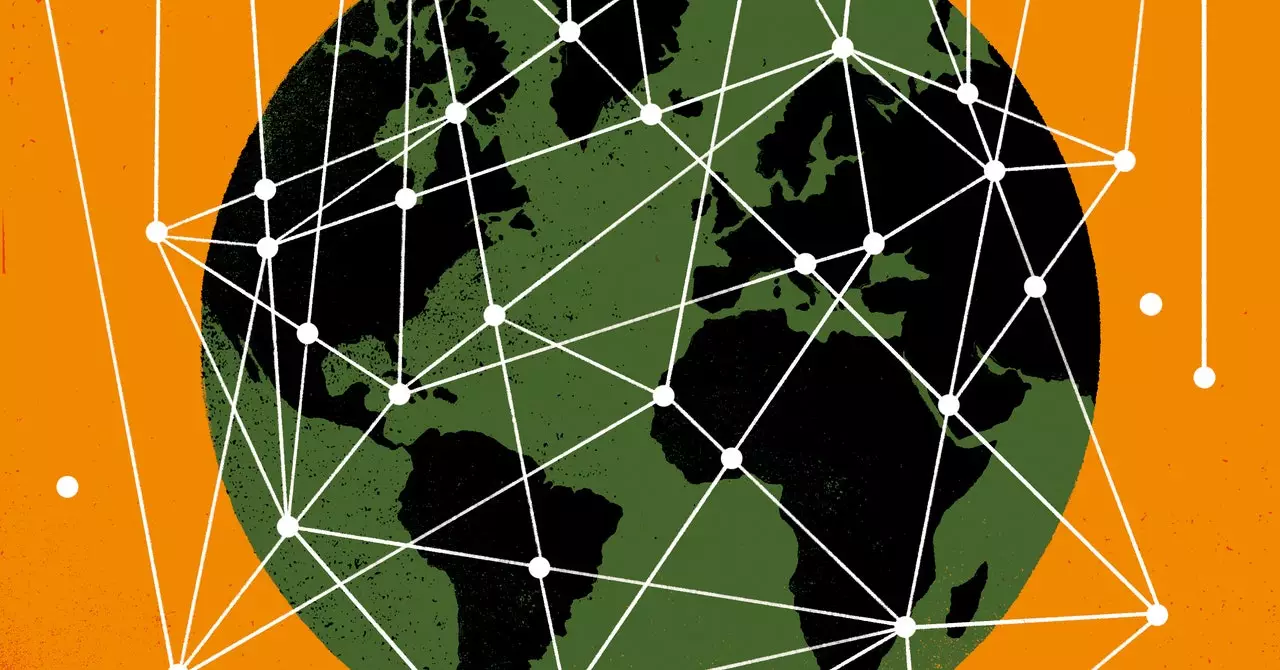In 2025, the relationship between artificial intelligence (AI) and geopolitics is set to undergo a significant transformation. The highly charged atmosphere that has characterized AI discussions in the post-ChatGPT era—teetering between explosive growth and existential fear—will give way to a more enlightened approach. As leaders around the globe begin to recognize the potential of AI as a catalyst for cooperative international relations rather than a contentious battleground, the dialogue surrounding AI is poised to shift dramatically.
The backdrop to this evolution includes a palpable tech boom in AI investments evidenced in 2023, contrasted sharply by apprehensions from notable industry figures such as Elon Musk and Steve Wozniak. Their call for a moratorium on advanced AI system developments highlights a growing sentiment of caution and fear that has gripped policymakers. This dichotomy has significantly influenced the geopolitical discourse, leading many nations to adopt a more nationalistic and protective stance with regards to AI.
The Rise of AI Nationalism
The increasing trend of AI nationalism is evident in the actions taken by various governments, particularly China and the United States. For instance, Chinese President Xi Jinping’s ambition for China to emerge as a leading AI nation by 2030 showcases the competitive spirit driving global AI aspirations. Particularly through the “New Generation AI Development Plan,” China aims to cultivate an environment of rapid innovation and technological superiority.
In direct response to China’s ambitions, the U.S. has enacted policies such as the CHIPs and Science Act of 2022, which strategically limits semiconductor exports to maintain its lead in AI capabilities. Furthermore, restrictions on investments in AI-focused initiatives in China further solidify a perception of AI as a zero-sum game—a paradigm where nations are pitted against one another in a quest for technological supremacy.
While this approach embodies a survival-of-the-fittest mentality reminiscent of historical arms races, it risks losing sight of the foundational benefits that collaborative efforts in AI could yield. By viewing AI development primarily as a contest to assert dominance, countries may overlook opportunities for diplomacy, shared knowledge, and mutual growth.
Reflecting on the Cold War era serves as a poignant reminder of the necessity of diplomatic engagement even amidst technological rivalries. During that time, the United States not only focused on outpacing its competitors in technology but also successfully spearheaded international agreements that paved the way for peaceful coexistence in space exploration. Such initiatives underscored the idea that shared aspirations can result in greater societal benefits.
In a similar vein, it is crucial for world leaders today to leverage diplomacy and cooperation in the AI arena. Rather than perpetuating a cycle of fear and suspicion, a shift towards a collective global vision for AI can manifest beneficial frameworks that guarantee its safe and equitable deployment. This will require thoughtful dialogue and proactive measures to ensure that humanity collectively manages the risks associated with emerging AI technologies.
The anticipated AI Summit in France in 2025 could potentially mark the landmark moment where nations pivot from nationalistic narratives to one of cooperation and mutual benefit. French President Emanuel Macron’s shift in framing this event to prioritize solutions and standards, moving away from a singular focus on safety, signifies an encouraging trend. By addressing a broader spectrum of policy issues, the summit aims to foster inclusivity and collaboration among global partners.
Additionally, the United Nations’ 2024 initiatives to bridge the gaps left by previous discussions is a commendable move. Recognizing the importance of involving all nations in critical conversations surrounding AI ensures that diverse perspectives shape the future of AI development. Yet, it is within the continued dialogue between the U.S. and China—evidenced by the establishment of a bilateral consultation channel—that the potential for significant diplomatic breakthroughs lies.
While the efficacy of these developments remains uncertain, they illustrate a palpable move towards in-depth cooperation over divisive nationalism. As we approach 2025, the international community has the opportunity to redefine the narrative surrounding AI—transforming it from a contest marked by caution and fear to one characterized by collective hope and constructive collaboration.


Leave a Reply